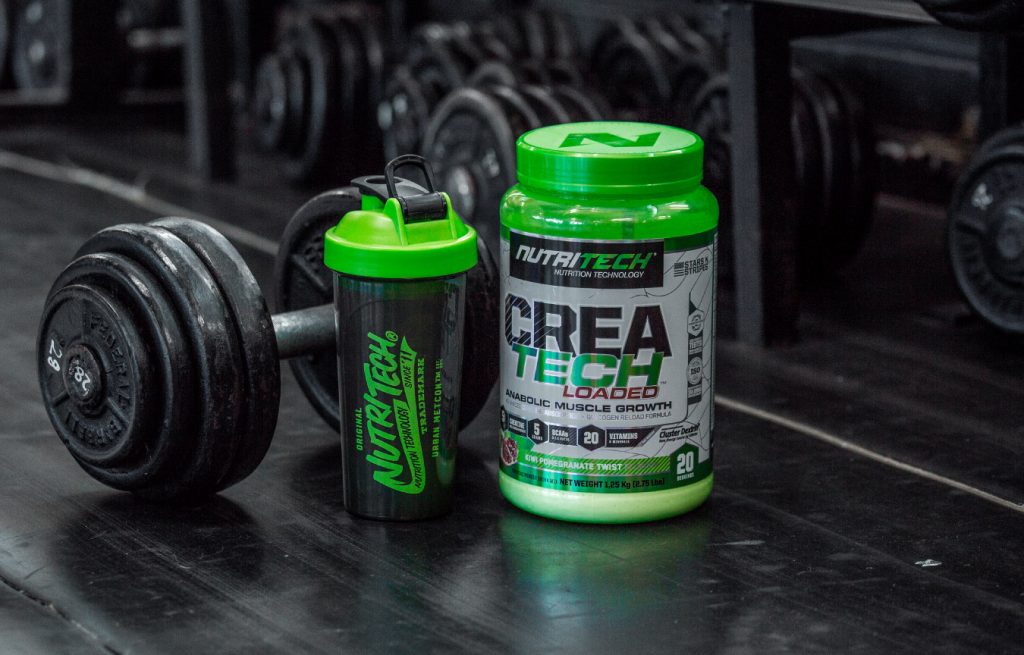Debunking the Myths: Creatine and Liver Health
When it comes to sports nutrition and supplements, few have garnered as much attention as creatine. Unfortunately, alongside its well-documented benefits, various misconceptions have arisen, particularly regarding the supposed negative effects on liver and kidney health. In this article, we will debunk these myths, providing you with accurate information and shedding light on the numerous benefits of creatine for both athletic performance and overall well-being.
Understanding Creatine’s Impact on the Liver
Creatine, a naturally occurring compound found in meat and fish, plays a vital role in energy production within our bodies. It functions by replenishing adenosine triphosphate (ATP), the molecule responsible for delivering energy to our muscles during physical activity.
Contrary to popular belief, scientific research has consistently demonstrated that creatine supplementation does not negatively affect liver health. Several studies have investigated this topic, and the results have consistently shown no significant liver damage or abnormalities associated with creatine consumption.
The Kidney Connection: Dispelling the Creatine Myth
Another prevailing myth suggests that creatine supplementation can harm the kidneys. However, extensive scientific research has debunked this claim, demonstrating that creatine is safe for individuals with healthy kidneys.
Creatine is primarily excreted through the kidneys in the form of creatinine, which is often used as a marker to assess kidney function. Studies examining the impact of creatine supplementation on kidney health have consistently found no adverse effects on renal function, even in long-term usage and high-dose protocols.
Moreover, creatine consumption has shown promise in various clinical populations with kidney-related conditions, including chronic kidney disease and diabetes. It may offer benefits such as improved muscle strength, enhanced exercise capacity, and reduced inflammation, thereby contributing to overall health and well-being.

The Wonders of Creatine: Beyond Muscle and Strength
Creatine supplementation has gained popularity for its well-established benefits in improving athletic performance, muscle growth, and strength gains. However, its positive impact extends far beyond these domains, positively influencing overall health and wellness.
Enhanced Cognitive Function
Recent studies have highlighted the potential cognitive benefits of creatine supplementation. Creatine plays a crucial role in brain energy metabolism, particularly in tasks requiring short-term memory, intelligence, and executive functions. Research suggests that creatine supplementation may improve cognitive performance, especially in tasks that require rapid, repeated, and/or sustained processing.
Neuroprotective Properties
Creatine’s neuroprotective effects have also been investigated extensively. Studies have demonstrated its potential to alleviate symptoms in various neurodegenerative diseases, including Parkinson’s, Huntington’s, and Alzheimer’s disease. Creatine’s ability to enhance mitochondrial function and reduce oxidative stress contributes to its neuroprotective properties.
Antioxidant and Anti-inflammatory Effects
Creatine acts as a powerful antioxidant, combating the harmful effects of free radicals and reducing oxidative stress. Additionally, it has demonstrated anti-inflammatory properties, which can help alleviate symptoms associated with chronic inflammation, such as muscle damage and joint pain.
Conclusion:
In conclusion, the myths surrounding creatine and its negative impact on liver and kidney health have been debunked by numerous scientific studies. Creatine supplementation, when used responsibly and as directed, is safe and does not pose any significant risk to these vital organs. On the contrary, creatine offers a range of benefits beyond muscle and strength gains, including enhanced cognitive function, neuroprotection, and antioxidant properties.
As with any dietary supplement, it is essential to consult with a healthcare professional before starting creatine supplementation, especially if you have any pre-existing medical conditions or concerns. By understanding the science behind creatine and its benefits, you can make informed decisions to optimize your health, well-being, and athletic performance.
Remember, creatine is a tool to support your fitness journey, and when used correctly, it can be a valuable asset in achieving your goals and improving your overall quality of life.
Blog Provided by Nutritech

